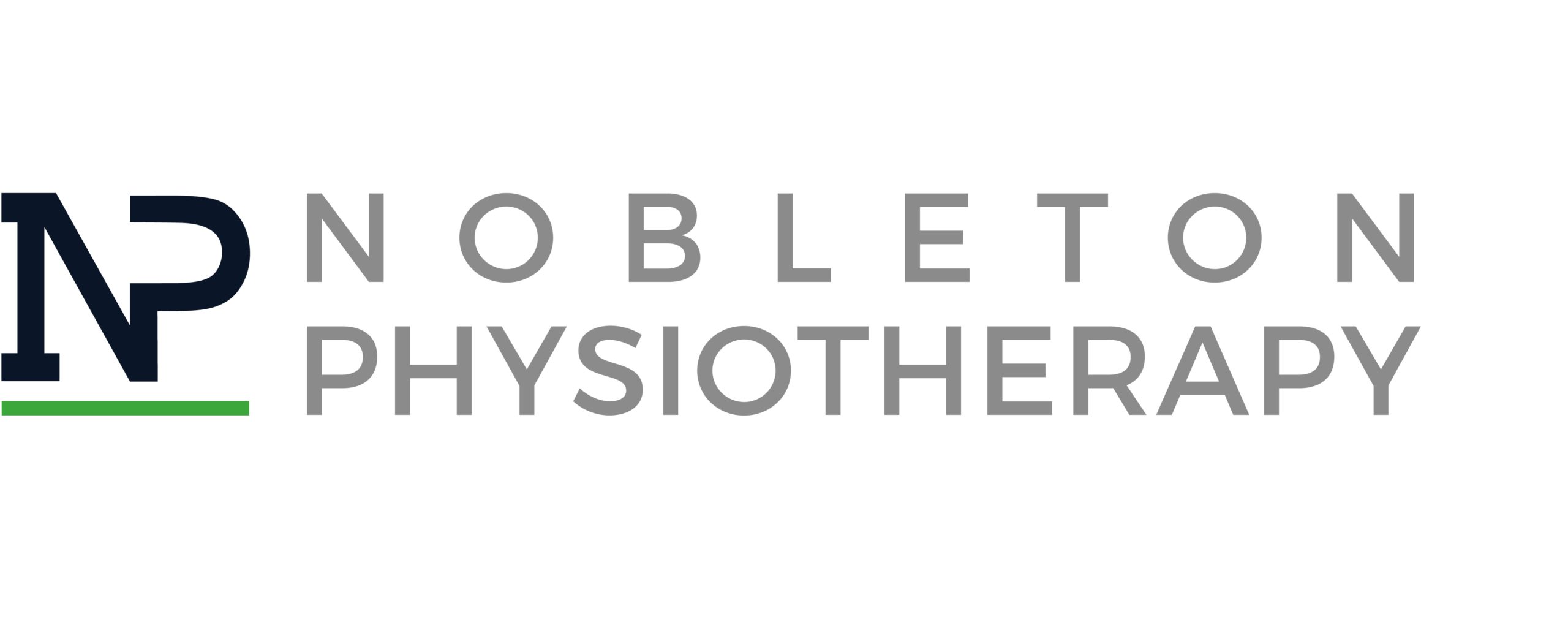With every breath, our pelvic floor and diaphragm are meant to work together, creating and regulating pressure. Deep breathing while using the ribcage, abdomen and diaphragm activates our Vagus Nerve, helping us move into a calmer parasympathetic state (“rest and digest”). We are better able to cope with stress, sleep better, have better bowel movements, feel less tension overall and in our pelvic floor muscles.
Diaphragmatic Breathing
Do you usually breathe into your shoulders or your rib cage?
Let’s see…
1. Put one hand on your chest, then put the other hand on your stomach
2. Inhale through your nose and exhale through your mouth
Where did you breathe ie. which hand(s) did you feel rise? chest or stomach?
The breathing strategy that is going to benefit you is to breathe into your stomach (or lower rib cage to be exact).
So let’s practice breathing.
Position: Start by lying on your back. Place one hand on your chest and one hand over your belly/ lower ribs.
Inhale: Breathe in smoothly (rather than deeply) through your nose and bring that air down towards your belly. As you breathe in, your hand that is over your belly should rise.
Exhale: Through your mouth with pursed lips – like blowing out a candle. It should be a smooth, long exhale out.
To achieve excursion of your diaphragm, try to minimize the movement of your chest and breathe only into your lower ribs. This is NOT simply belly breathing. Breathing forcefully into the belly can create extra pressure on the front side of the abdominal wall.
Practice this for 2-5 minutes.
You can also begin to practice this in standing and seated once you feel more comfortable.

So…how important is your pelvic floor?
It’s imperative that you manage your pelvic floor problems NOW. Just like any other muscle in your body.. It can be weak, it can be overactive or you could have pain or dysfunction! Dysfunctions can happen at any age and can be treated at any age. You should not have any bladder or bowel leakage! You should not feel pressure or heaviness in your pelvic region. You should not have pain with intercourse. It is a misconception to think these issues are your new norm – they can be resolved with pelvic floor physiotherapy!
Contact us today to learn more and get your pelvic floor!
To help ease your concerns and answer any questions, I am offering a COMPLIMENTARY 10-MINUTE PHONE CONSULTATION!
We can chat and determine if Pelvic Health Physiotherapy will benefit you! Don’t delay, call 905.859.6708 or email: info@nobletonphysiotherapy.ca to learn more!


Looking for a new bookie. Thinking on mksportsbet. Any review? Does mksportsbet have good odds?
Checked out bet88meterbase and found some pretty cool game options I hadn’t seen before. Definitely worth a browse if you are looking for variety.
Need the official Plus777 link? Been there, done that! This plus777link is the real deal – no more fake links for me! Happy gaming!
Apostascaixa tá interessante, viu? Já fiz uns palpites e tô curtindo a plataforma. Fácil de usar e com boas opções. Bora ver se a sorte tá do meu lado! Dá uma olhada aqui: apostascaixa
Heard some whispers about hp88casino. Thinking about giving them a try. Any of you folks had any good wins on there? Let me know if it’s worth my time! hp88casino
Yo, 711betlogin is my go-to spot! Super easy to navigate and the games are fire. Definitely recommend checking it out. 711betlogin
Looking for a legit sv388 agent? sv388sv288.org seems like a solid choice! Easy registration and reliable payouts so far. Give them a try if you need a reputable agent for live sabong fun. Place your bets here sv388sv288
Easy login for Happy Ace Casino. Pretty straightforward. Good if you forget the main address: happyacecasinologin
Alright gamers, I’ve been playing around on baazplaygame, and it’s actually pretty fun! The games are decent, and the interface is smooth. Gives it a shot, you might find something you like! Explore more at baazplaygame
Jumping into Gigabet is super easy with gigabetlogin. No hassles, just straight to the games. The way it should be! Easy Access: gigabetlogin
Mana88 club, eh? Sounds exclusive. Wonder if it lives up to the hype. Time to investigate this Mana88 club: mana88.club
Yo, PH333PHCasino is my go-to spot! Always a good time and the games are fire. Check it out ph333phcasino.
PhDream11Login makes it easy to jump right in. Quick and simple login process. Definitely worth checking out if you’re into this stuff phdream11login.